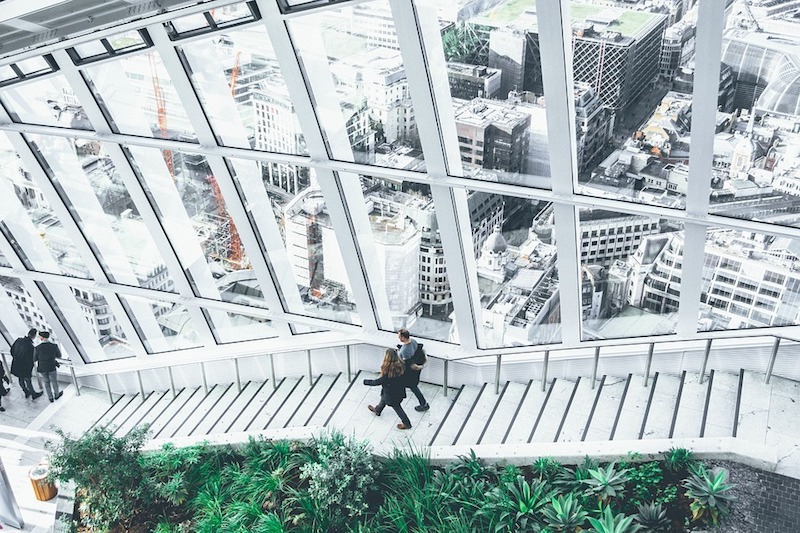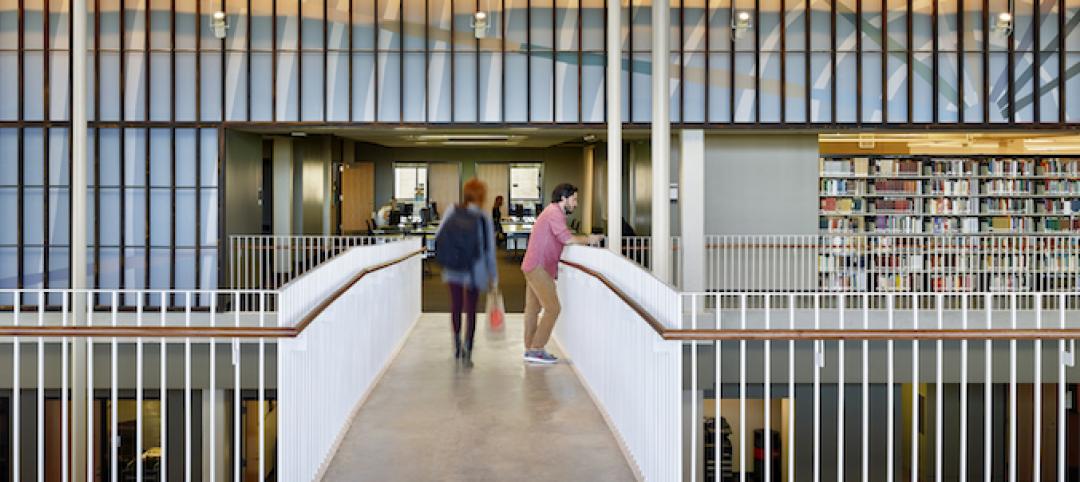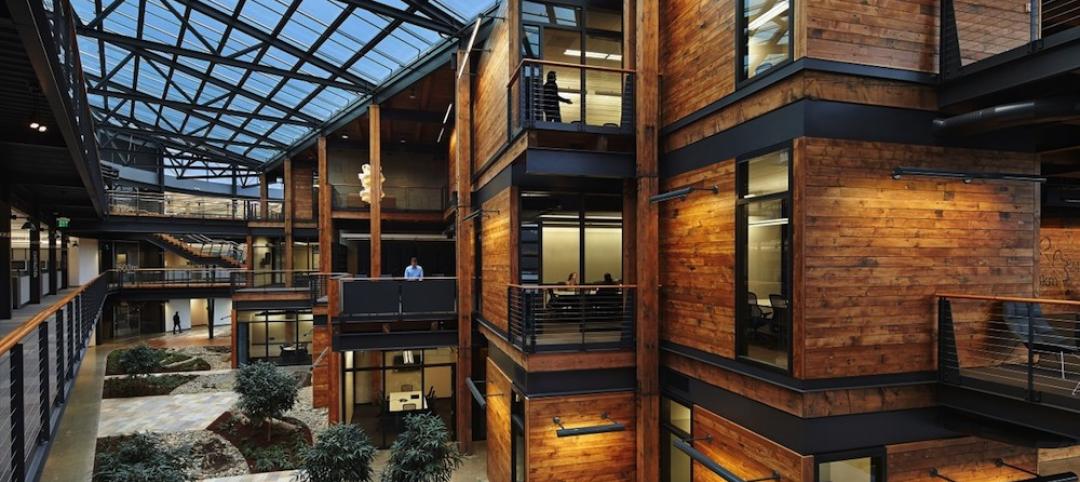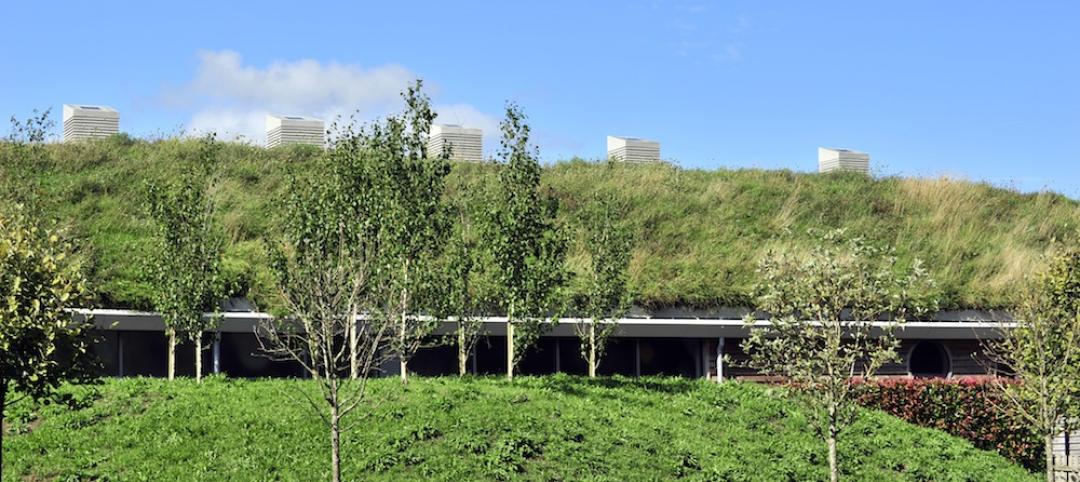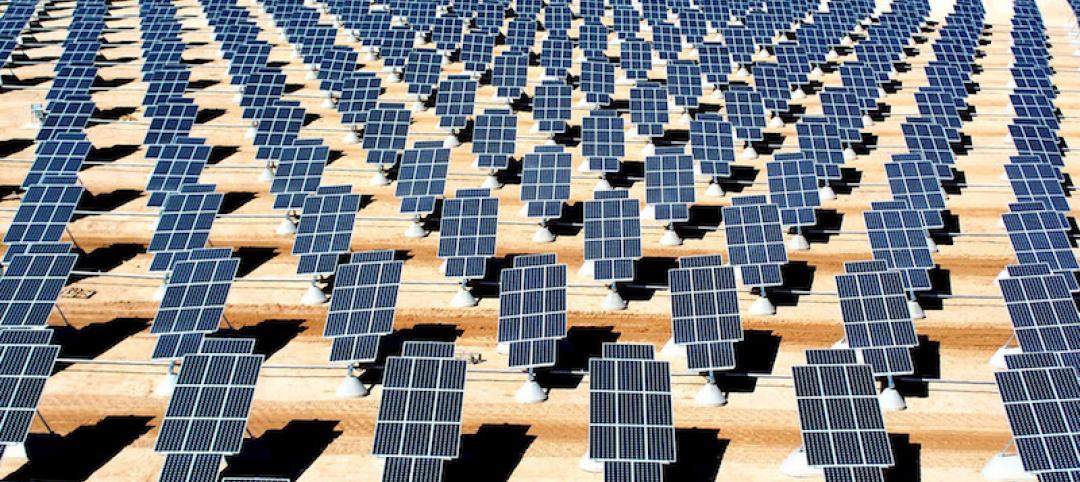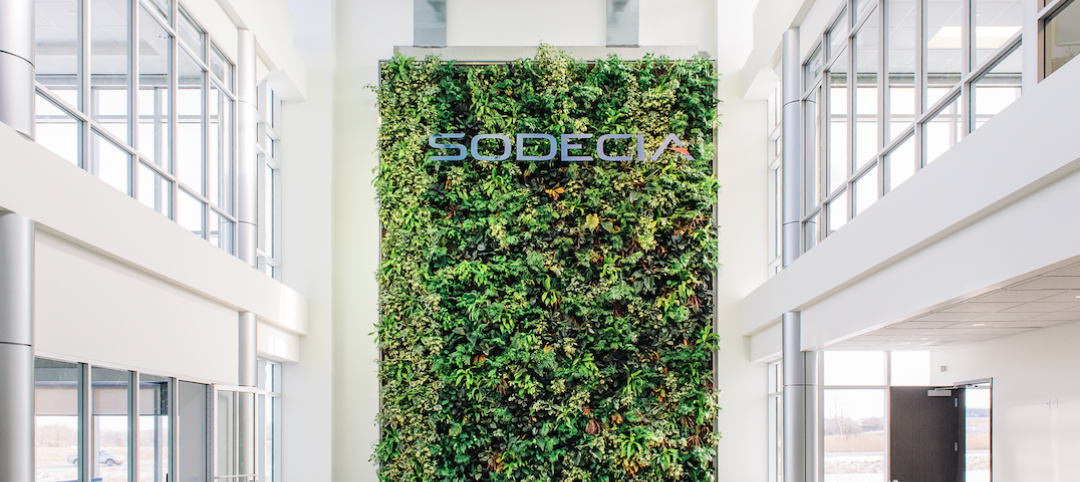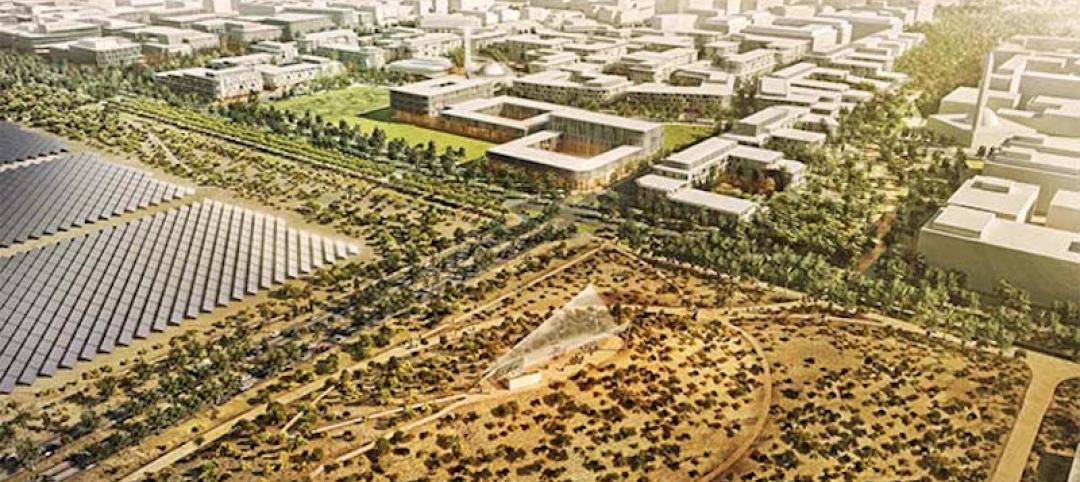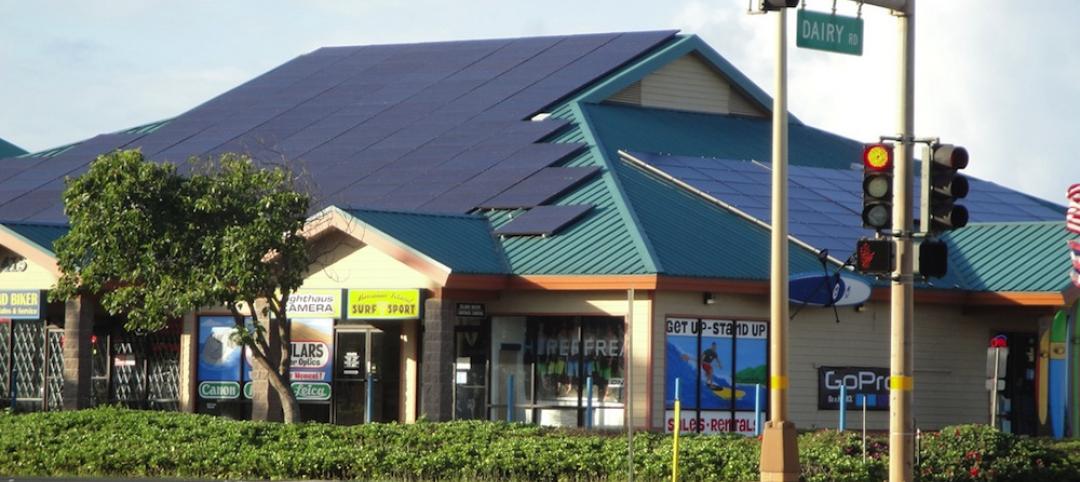According to a new recently released survey from the U.S. Green Building Council (USGBC), employees who work in LEED-certified green buildings are happier, healthier, and more productive than employees in conventional and non-LEED buildings. The survey also shows that a majority of office workers want to work for companies that are value-oriented, take stances on important issues like sustainability, and do their part for making a positive difference in the world. In fact, 84% of respondents prefer to work for a company that has a strong, concrete mission and positive values.
When it comes to choosing a new job, findings show that people’s decisions were influenced by whether or not the workplace was in a LEED-certified building. More than 90% of respondents in LEED-certified green buildings say they are satisfied on the job and 79% say they would choose a job in a LEED-certified building over a non-LEED building.
“We discovered that today’s employees are more motivated than ever to work for a company that promotes not just a higher standard of living for its employees, but also of its community,” said Mahesh Ramanujam, president and CEO, USGBC. “In today’s highly competitive job market, if companies want to attract and retain highly-skilled, talented employees, they must demonstrate a commitment to environmental, human, and economic sustainability.”
LEED buildings are linked to improved productivity, health, and wellness, and the survey showed that these attributes, as well as a space that provides clean and high-quality indoor air, directly contribute to employees feeling happy and fulfilled at work. More than 80% of respondents say that being productive on the job and having access to clean, high-quality indoor air contributes to their overall workplace happiness.
In addition, 85% of employees in LEED-certified buildings also say their access to quality outdoor views and natural sunlight boosts their overall productivity and happiness, and 80% say the enhanced air quality improves their physical health and comfort.
The survey, conducted by Porter Novelli on behalf of USGBC, included 1,001 workers in the U.S. who are employed full-time or part-time, or self-employed but work in an office building setting.
Related Stories
Green | May 16, 2016
Development team picked for largest Passive House project in North America
The 24-story curved building would be 70% more efficient than comparable housing in New York City.
Green | Apr 27, 2016
Top 10 green building projects for 2016
The Exploratorium at Pier 15 in San Francisco and the West Branch of the Berkeley Public Library are two of the projects recognized by AIA COTE as the top green buildings of 2016.
Codes and Standards | Apr 25, 2016
GSA adopts SITES land development and management rating system
Federal agency will use for properties with and without buildings.
Green | Apr 4, 2016
AIA report analyzes 20 years of the best green projects
"Lessons from the Leading Edge" is a study of the 200 Committee on the Environment (COTE) Top Ten Award winning projects since 1997.
Green | Mar 15, 2016
Living Future Institute launches Biophilic Design Initiative
Goal is to transfer biophilic design theory to real-world applications.
Green | Mar 11, 2016
GE wants to use carbon dioxide from the atmosphere as a means of storing solar energy
Carbon dioxide has been captured and stored by scientists for years, but now GE has a novel idea for how to put this stored CO2 to use.
Green | Feb 29, 2016
Nedlaw Living Wall Biofilter creates green space for manufacturer's showroom
The 640-sf living wall biofilter provides cleansed air for the office building and provides a stunning focal point in this modern space.
Green | Feb 18, 2016
Best laid plans: Masdar City’s dreams of being the first net-zero city may have disappeared
The $22 billion experiment, to this point, has produced less than stellar results.
Green | Feb 1, 2016
Supreme Court ruling on demand response expected to benefit smart grid
Ruling allows PV owners and other small energy generators to continue to be paid wholesale rates for power they generate.


